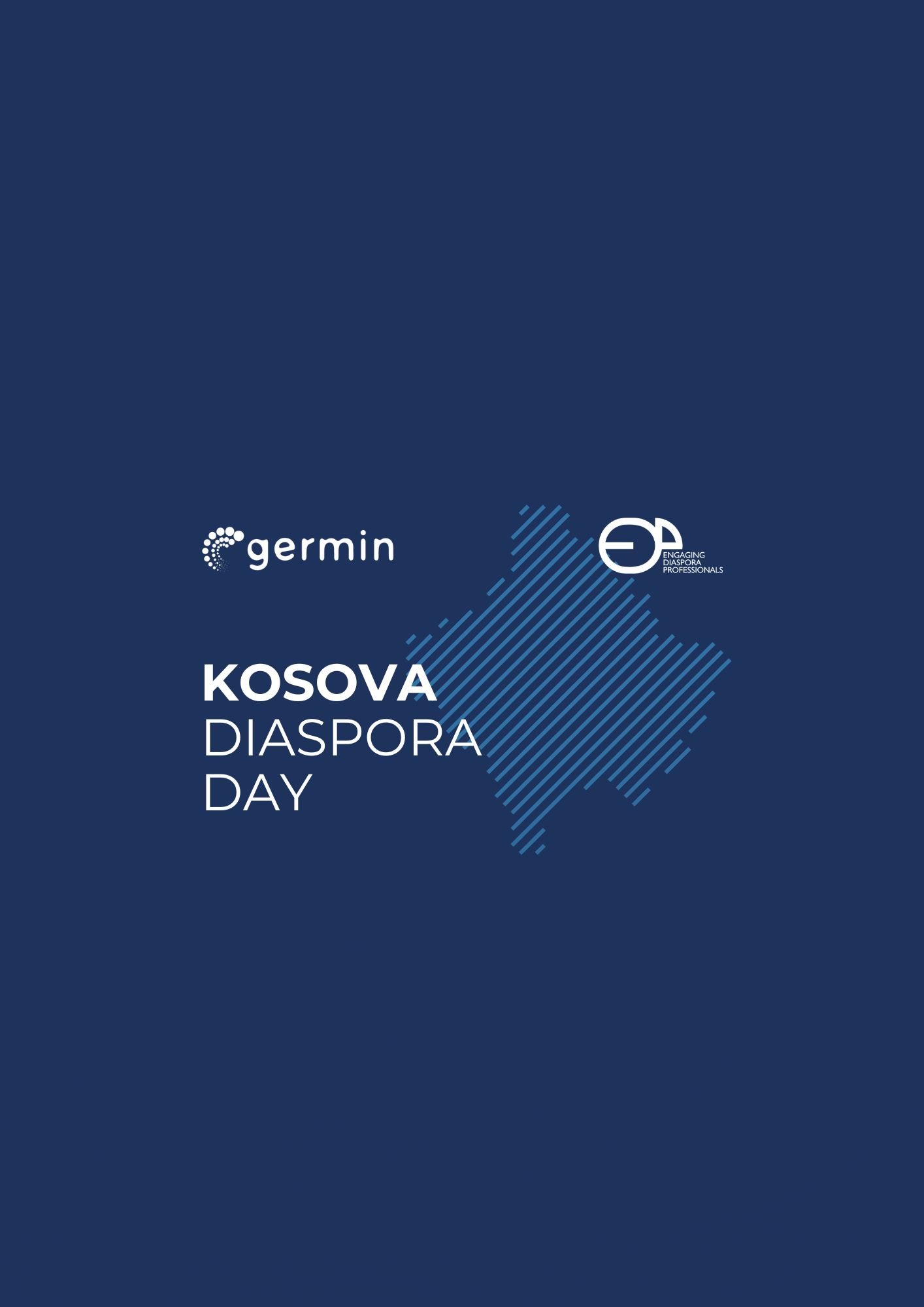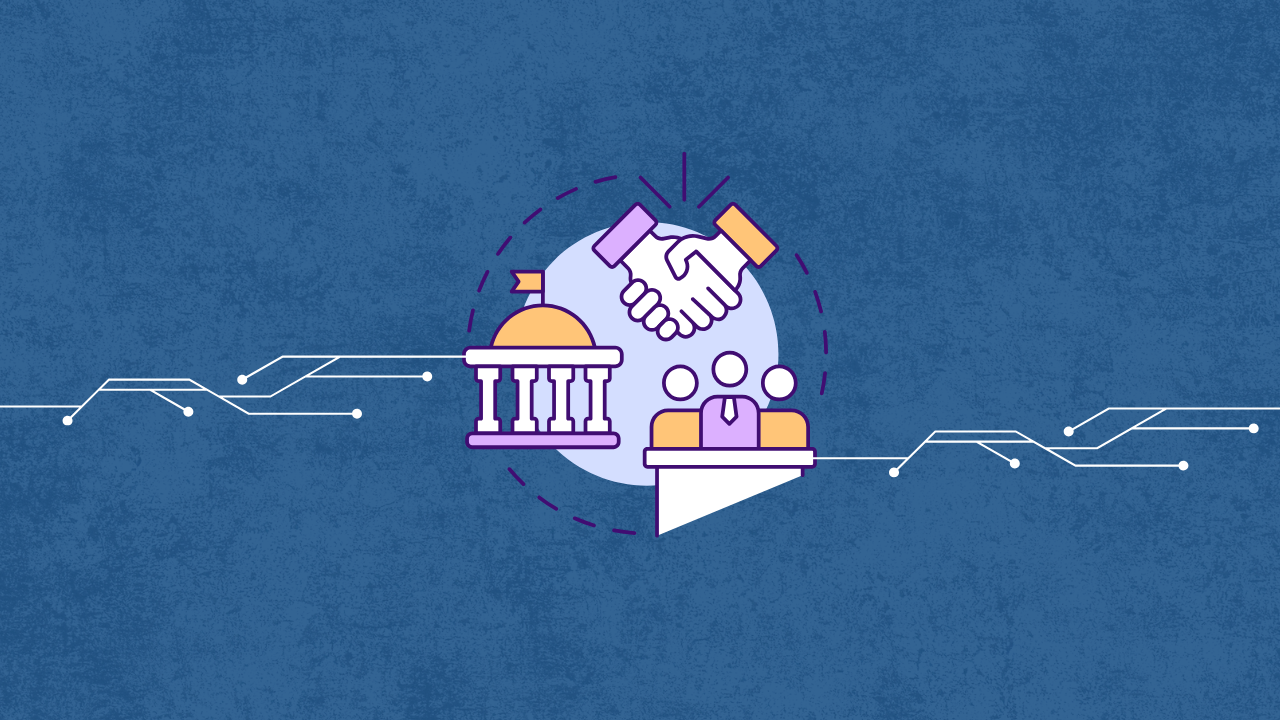A virtual walk through the pages of social networks where Albanian associations from the Diaspora are presented, on the eve of a national, state or religious holiday, offers us a clear overview of their activities.
The impression is created that many organizations in Stockholm, Basel, Ankara, Toronto, Baden-Baden, Zagreb and other places where the Albanian Diaspora lives today, follow more or less the same motto: the bigger the national flag the more valuable the organization. The stage usually belongs to someone from the Albanian pop scene and the whole organization ultimately offers a lot but at least something Albanian. I can of course most closely evaluate the organizations in Germany, the country where I live, and I conclude that most of these organizations do not differ much from those of the first 30 years.
The Diaspora has changed so much in the last three decades that I doubt that such organizations are the cultural address of most of our compatriots. I do not want to criticize their existence or why and how often these activities are organized but I think it is time to seriously rethink the content of their program. A generation of young people who have come at a young age or even born in the Diaspora, should be offered the opportunity to finally get acquainted with the genuine Albanian culture. In the homes where these young people live, they probably do not have the opportunity to get to know our culture for various reasons, so the associations remain the ones that have to take on this task. When someone takes the step of establishing an association and calling it “cultural-Albanian”, I think it should focus on providing genuine cultural activities. Maybe just to answer the question “what is real culture?” there is disagreement. It does not mean that everyone offers operas, theatrical performances, or literary readings in large halls but some standards would have to be rethought and redefined but also respected so that once and for all oriental turbo-folk would disappear, if not from all, even from most of our organizations.
It has never been easier to organize cultural activities than today. This is often evidenced by some associations established in recent years which brought to their scenes Albanian artists who live in large numbers in the Diaspora. Also, various poets and authors live in the Diaspora and in the countries where it operates, the Albanian school and its students bring a great potential but also the engagement of artists from home countries, although associated with relatively high costs, is not impossible.
When it comes to the necessary material means, the situation is not as bad as claimed. Although not enough, there are funds, starting in municipalities and regions (at least in Germany and some other European countries) to the funds of the European Union. The Ministries of Culture and the Ministries of Diaspora of Kosovo, Albania and Northern Macedonia also have funds for cultural activities in the Diaspora. To get all these means you have to compete in certain competition deadlines and not only when there is a need for an association e.g. a few weeks before the activity. These funds belong to the associations and they should ask for those funds because I have not yet heard that any institution in the home countries has come out and asked the associations where they are in the Diaspora to offer assistance.
Embassies and Consulates could even play an important role in this regard as advisors and supporters in terms of logistics. I am curious whether I will change something with the name of Cultural Attachés announced a few weeks ago by the MCYS of the Republic of Kosovo. It would be good to include here many other artists living abroad who, although extremely successful, are still under the shadow of Dua Lipa and Rita Ora.
There has been a lot of talk about the opening of Cultural Centers in the Diaspora planned by the Governments of the Republic of Albania and the Republic of Kosovo. But it seems that these plans have remained on paper which is very depressing because those centers could play an important role in the cultural reorganization of the Diaspora.
In addition to providing Albanian culture to new generations in the Diaspora, cultural activities are an excellent opportunity and form of cultural diplomacy. In the activities of associations in the Diaspora, there should be as many fellow citizens of different nationalities as well as representatives of the bodies of the countries where they live. To get acquainted with the culture but also with our community.
The activities of several associations in different countries of the Diaspora are promising, which are offering a more alternative program, meeting to some extent the demand of compatriots, especially the younger generations, but also being the favorite address of guests of different nationalities. Some of them participated in a discussion at the Conference “Diaspora Flet” organized by the organization Germin. In addition to exchanging experiences, during the conversation, the panelists concluded that cooperation between associations but also greater engagement of artists in cultural activities, especially those living in the Diaspora, is necessary. Forms of cooperation can be different, such as a joint organization of cultural activities, organization of a workshop to help newly formed associations or interest groups to establish an association, support of young artists in promoting their work, etc. why not the establishment of a cultural platform in the Diaspora that would unite associations and artists, a union that would have extraordinary importance in the cultivation and promotion of Albanian culture in the Diaspora.
About the author: Mr. Salihu was born in Mitrovica and lives in Germany since 1992. Throughout his tenure in Germany, Mr. Salihu was actively engaged in sport and culture through which he maintained connections with his home country and identified collaboration opportunities. Mr. Salihu is one of the co-founders of the cultural association URACult, established in 2014, the core objective of which is to actively promote Albanian culture in Germany. As a President of URACult, Mr. Salihu actively participates in the work of Albanian community in Germany.



